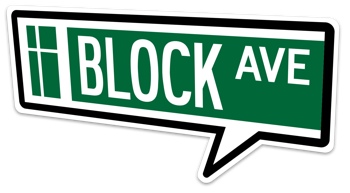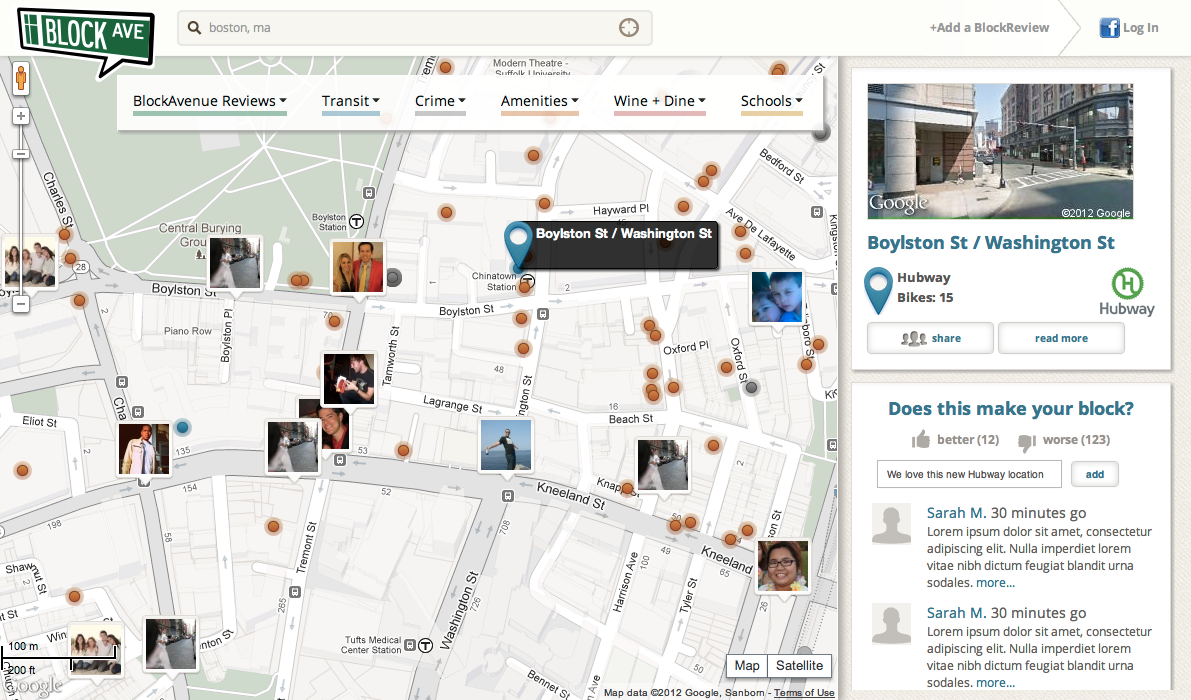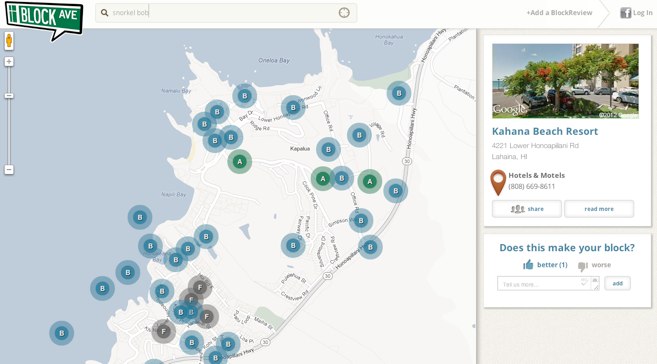BlockAvenue, which is launching today, has acquired and aggregated about 50 million data points from across the U.S. to assign a letter grade to virtually every neighborhood and city block in the country. According to the company’s founder and CEO Tony Longo, finding the right place to live in a city can be difficult, and in dense urban areas, quality of life is often determined more by which block you live on than which neighborhood you are in. BlockAvenue, which sees itself as a location company, analyzes data ranging from crime statistics to available public transit options, as well as the availability and quality of local restaurants and stores and boils all of this data down to a single A-F letter grade.
Users can rate and discuss local businesses on the site, and the team hopes that it can create an active community for every U.S. neighborhood. Right now, however, the focus for Longo, who has an online real estate background, is not so much on the social layer but on improving and gathering more ratings data. The company, which comes out of Boston’s Dogpatch Labs, has raised $200,000 from a number of angel investors.
One interesting aspect of the site is that you can virtually rate anything, including transit stops, convenience stores, restaurants, and schools. The service also looks at demographic data and how many registered sex offenders live in a given neighborhood. This information, says BlockAvenue, can help people make more informed decisions about where to buy or rent a house, but also about the neighborhood where they consider visiting or staying in a hotel on vacation.
“Until now, location-based information has not been aggregated in an easy and useful way for people to understand and consume,” said Longo. “By providing an intuitive platform powered by both geo-data and social conversation, we can help people understand what the makeup is or where the trend is heading at virtually any location throughout the U.S.”
The ratings themselves will likely spark quite a bit of discussion. For now, the team has mostly focused on Boston, New York, and Washington, D.C., so the ratings there are probably the most trustworthy, but the company’s data covers all of the U.S. For the blocks I’m familiar with, the service generally assigned fair grades, but there are some oddities, too. Oceans, for example, are generally assigned an F (with patches of the Atlantic getting B’s, too) and despite the company’s focus on the U.S., the map displays grades across the world (England gets lots of F’s for some reason while Luxembourg gets a B). Quite a few businesses are also missing from the map or are in the wrong location. Still, if you want to see how your block stacks up against the rest of your city, give BlockAvenue a try, but take the ratings with a grain of salt for the time being.


